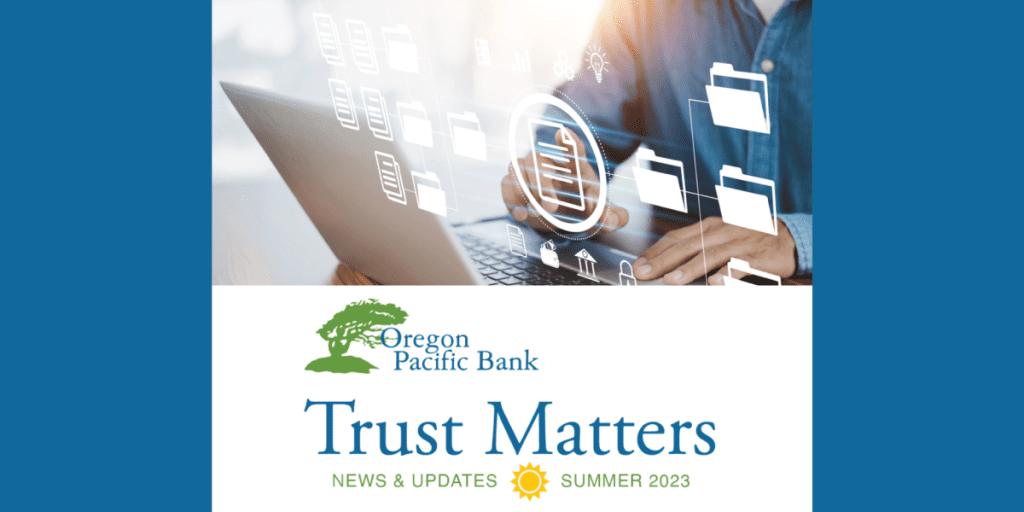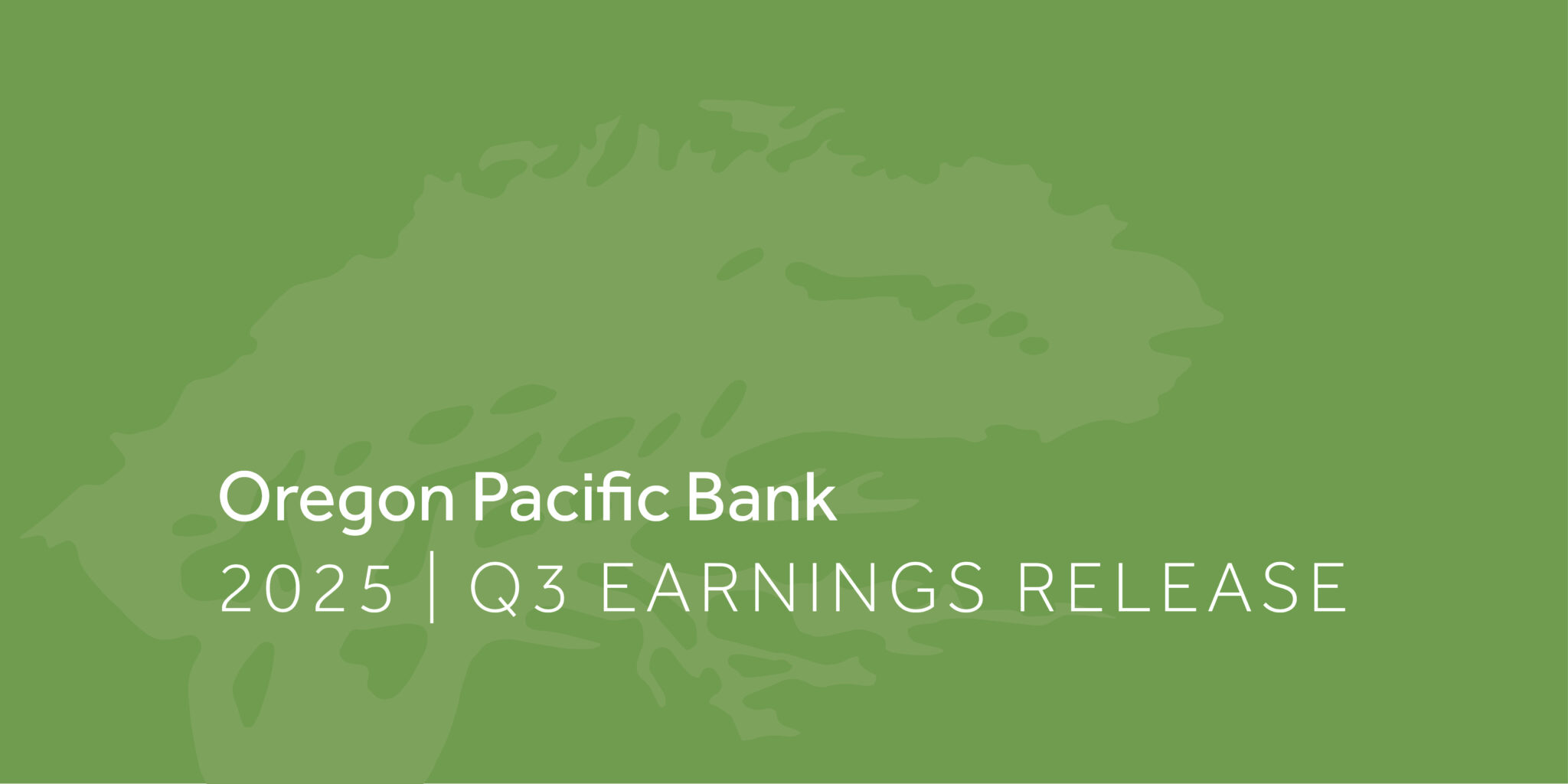Think about all that we do online nowadays – shopping, banking, listening to music, making travel plans across the country or across town. We live much of our lives online, including communicating with loved ones, friends and co-workers.
All of those activities are protected by passwords or biometrics (facial or fingerprint scans). But if a person should die or become disabled, access to those services may no longer be possible if arrangements aren’t made in advance. Important – and potentially valuable – information and assets could be lost.
That’s why it’s important to plan ahead to ensure the loved ones we leave behind have access to our digital assets.
What Are Digital Assets?
The term “digital assets” may bring to mind cryptocurrencies, but they’re far more than that. The state of Oregon defines a digital asset as an electronic record in which an individual has a right or interest.
Nearly anything that was created or stored digitally can be considered an asset, including financial records and digital art, movie and music collections. Authorized access to online banking and investment accounts would also be considered an asset, as would any type of document stored digitally.
Examples of digital assets
- Online banking, investments
- E-commerce accounts
- Frequent flyer miles and other rewards
- Digital photos, music, libraries
- Cryptocurrency accounts
- NFTs (non-fungible tokens)
- Online games and avatars
- Email accounts
- Social media accounts
Digital Estate Planning
Virtually all estate plans today need to account for digital assets. Who will receive rights and access to online accounts? Who will receive control and ownership of digital photos and digital documents?
In the pre-digital world, a key step in settling estates was a trip to the post office. Filling out a change of address form would allow access to bank and investment statements, car payments and even utility bills. Now, however, if arrangements aren’t made in advance, access to key financial information may be lost.
That’s why when it comes to developing an estate plan, it’s important to make sure that a responsible, trusted party has access to online assets. There’s no need to immediately give anyone the combination to the digital safe, but it’s important to let the trusted person know where the combination can be found.
The key is to find the balance you’re comfortable with, weighing the security of your own digital life while providing enough information so your financial concerns can be addressed in the event you die or become disabled.
Client Example
Recently, we were contacted to administer a person’s estate plan, but despite our requests, the person didn’t provide any information or access to digital accounts. Unfortunately, the person passed away, and when we visited their home, we found no mail, no files, no tax returns, no statements – no physical evidence of assets. As a result, we faced major obstacles in our ability to settle the estate according to their wishes.
Taking Inventory
The first step in ensuring your digital assets remain accessible in the event of death or disability is to take inventory of what you own and then weigh who you would like to receive each particular asset.
It’s also important to understand what you really own. Some digital assets – like music, art and movies – may include only the rights to access them, not to own them, or may place limits on what can be done with them.
When it comes to assessing value of digital assets for estate purposes, remember that it may be impossible to place a value on some of our most treasured digital possessions.
For instance, voicemails stored online are frequently a concern of a person’s loved ones, as are text messages detailing conversations that could date back for years or even a lifetime. Similarly, family members may want to maintain access to social media accounts. Policies differ among providers and it’s important to track down access rights to avoid unpleasant surprises.
Ensuring Access
Once your inventory is complete, leave a record of account passwords in a safe place. You may also consider storing passwords in an online vault. If you do so, be sure you account for access to any devices that may be needed for two-factor authentication.
Most importantly, have meetings with your family to make your wishes known and decide who and when they may receive access to your digital assets.
Remember, too, that our Trust Officers are always available. Contact us for the knowledge and expertise to help you plan for any eventuality.
Managing The Digital Vault
- Take an inventory of all your digital assets.
- Compile a list of accounts, passwords and security questions.
- Determine who you want to own and oversee your digital assets, let them know, and store instructions in a safe place.
If you found this newsletter helpful, please spread the word! If you haven’t already, sign up for quarterly editions of Trust Matters, as well as our monthly OPB e-news featuring business and nonprofit spotlights, scam alerts and financial tips. Be sure to check the boxes for your preferred region, as well as Trust Services. Thank you!
Oregon Pacific Bank’s trust department offers products that are not FDIC insured, are not guaranteed by the Bank and are subject to loss of principal.
Learn more at Trust Services

 New Year’s Eve: Closing early at 2 PM | New Year’s Day: Closed all day
New Year’s Eve: Closing early at 2 PM | New Year’s Day: Closed all day




